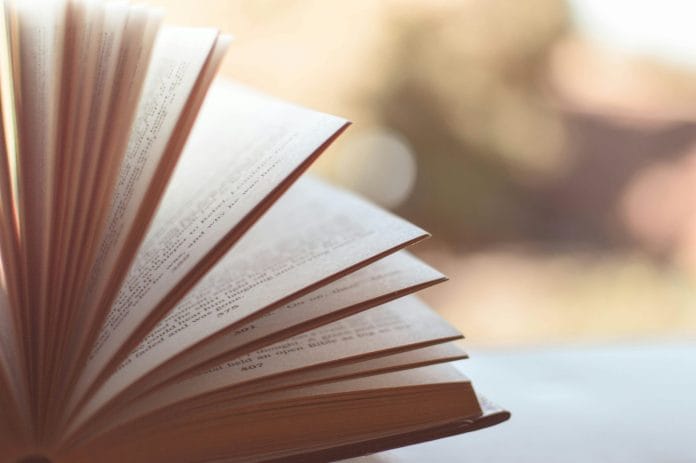By: Pravin Periasamy
There have been concerted efforts in the country to promote a love for reading among Malaysians, primarily in youth circles – many of which have proven to have had a successful impact on improving literacy. According to UNESCO’s Institute of Statistics, Malaysia’s literacy rate stands presently at 94.64%. Despite the strong literacy presence in the country, the long standing criticism of Malaysia’s lack of a reading culture has evoked great concern from local academics. Where this was found most evident was the striking discrepancy between the reading literacy results in the Programme for International Student Assessment (Pisa) 2022 which saw a reduction from 415 to 388 points. The decline of reading proficiency has also seen its stark decrease in upper primary school levels, with a World Bank report stating that a 13% did not meet a sufficient threshold.
The waning and declining levels of reading literacy could inadvertently discourage efforts to strengthen the quality of critical thinking initiatives introduced in schools nationwide. If the current trend continues to escalate, it could dismantle the reading infrastructure present in the country – weakening our overall capacity to serve the interests of the future generation. In 2014 alone, the National Library of Malaysia reported that Malaysians read 15 books a year – amounting to just over a book a month. The Malaysian government, in recognizing the quandary, introduced the 2022/2023 Malaysians’ Reading Profile Study which was designed to gauge the state of the reading culture in Malaysia and will study a total of 100,000 respondents aged 5 and above from a variety of diverse backgrounds. Such initiatives will be crucial in exploring the fundamental root causes of the decline in reading rates.
The ever-growing need to increase reading rates in Malaysia has never been more apparent. In an age of widespread technological adoption, the threats that is posed by rampant disinformation campaigns has the potential to puncture a hole in the country’s democracy as it contributes towards an uninformed populace. This is also holds importance, in particular, for school-leaves aged 18 given their eligibility to vote in the country’s elections. This need to be politically informed rests upon early exposure to crucial readings that help build well-thought out beliefs, opinions and ideas.
One such suggestion that the government ought to explore is the support for extra-curricular initiatives that provide such an exposure outside the confines of the school curriculum. This allows for a more liberal approach towards reading education as it actively promotes an authentic love for reading outside the learning environment. The initiative of the Malaysian Philosophy Society, titled “Reflective Reads” brings Malaysians of all ages together to discuss books of rich philosophical ideas. These discussions not only allow for the exposure to reading but simultaneously encourage reflective and philosophical discussions on the contents of the ideas that undergird the book; helping exercise the critical thinking muscle. Faris Rizal, content curator of the Malaysian Philosophy Society, who is also project lead of Reflective Reads envisions the development of communities in Malaysia who have a love for philosophical introspection through the reading of important and powerful literary works and believes that the society’s book club has the potential to inspire a love of reading in all Malaysians regardless of race, religion and economic background. Together with Dr Giap and Ms Zhun, Co-Founders of the Malaysian Philosophy Society and Ms Soo Wee May the team has curated a total of three sessions – involving the following books: The Burn Out Society Byung-Chul Han, Hiking with Nietzsche by John Kaag and When Breath Becomes Air by Paul Kalinithi and saw an impressive turnout at the respective sessions which involved table readings and philosophical discussions on various chapters of the book in order to better understand the ideas within the books that are personally applicable in one’s life. Inspiring Malaysians to read reflectively is one such a way a local reading culture can be born.
It is my hope that such initiatives are better supported in order to reach the country’s goal of building an authentic culture of reading for Malaysians everywhere.
Pravin Periasamy is a Networking and Partnerships Director at Malaysian Philosophy Society









